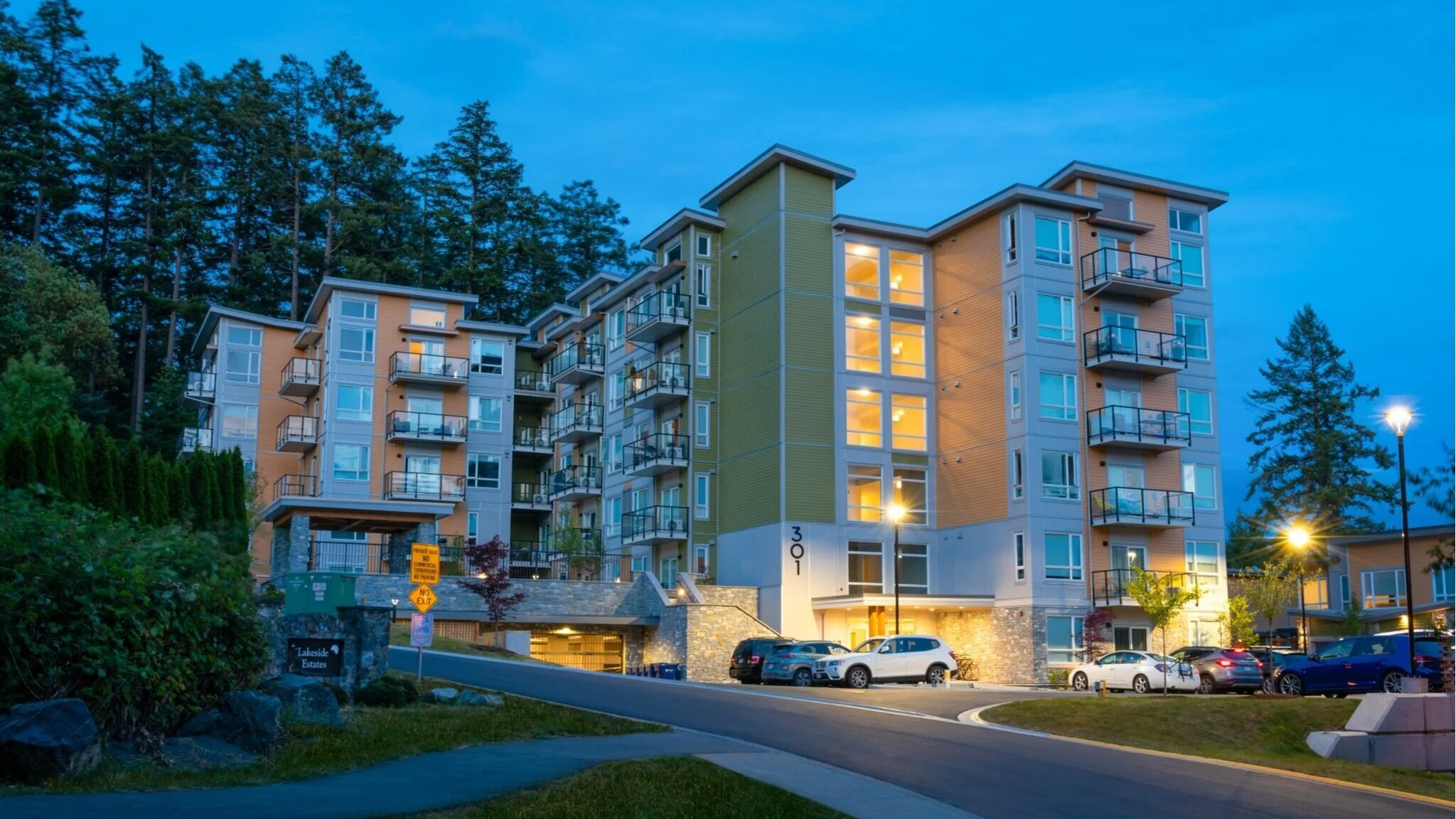land value is in the planning — not just the dirt
Most people think their land’s value is based on what sold down the street. But in today’s Vancouver market, that’s not necessarily true. Value doesn’t come from the dirt — it comes from the planning. What zoning allows, what the site can support, and how future policy will shape development potential are what really drive price.
This article unpacks four real examples that show how zoning knowledge, planning fluency, and site-specific analysis lead to better outcomes — often in ways the average buyer or broker can’t see.
most landowners ask the wrong question about value
The question I hear most often from Vancouver landowners is:
“What’s my land worth?”
It’s a fair question — but incomplete. Land doesn’t have a fixed price. Its value depends on what it can become. And that’s not just about zoning on paper. It’s about how planning policies, lot characteristics, and real-world execution intersect.
Most brokers will give you comps. A price per foot. A number pulled from a nearby sale.
But those are surface metrics. In this market, real value is found deeper — in the policy layers, built form allowances, and site-specific constraints that determine what a developer can actually build.
That’s where deals are won — and where they’re often lost.
some land is worth more than it looks, if you know what to look for
When I advised the seller at 475 W 42nd Ave, Vancouver, we faced pressure. The buyer group had the three adjacent lots under contract. They wanted our lot at a discount, leveraging the idea that we were an “orphan” and they could proceed without us.
But I had already walked the site. Studied the Cambie Corridor Plan. Measured frontage, slope, access, massing, and shadowing. I knew — not guessed, knew — that without our lot, the geometry didn’t work.
Their project needed us. They just didn’t realize it yet.
So we held. Quietly. Strategically.
They came back and paid full price. The other end of the assembly was dropped. Our single-family lot sold for over $10 million.
Not because we asked for it. Because we understood why it mattered.
a multiplex before the zoning was there to allow it
At 1354–1356 E 16th Ave, Vancouver I worked with a buyer to acquire a legal duplex that had been converted into four modern units. On paper, it was still a duplex — with unauthorized suites.
But in practice? It was a fully stabilized fourplex that matched what the City of Vancouver would later approve under the 2024 multiplex framework.
We didn’t speculate. We didn’t wait. We acted on what was already physically there — and aligned with the future.
That’s what it looks like when planning awareness turns into strategic action.
comparables don’t always work in a policy-driven world
In neighbourhoods shaped by the Broadway Plan, Grandview-Woodland, or the emerging Vancouver Plan, past sales don’t define future value. Zoning policies, land use plans, form-of-development guidelines, and servicing conditions increasingly decide what land is really worth.
When I represented a family at 45719–45731 Princess Ave in Chilliwack, we weren’t just selling land — we were offering a ready-to-develop, policy-aligned site with R6 zoning, lane access, full servicing, and minimal site prep.
That clarity attracted serious developers. And we closed at the right number — no overpromising, no drawn-out process.
what this means for you as a vancouver landowner
If you’re holding land in Vancouver, the most important question isn’t what your neighbour sold for.
It’s what your site can support — under today’s zoning, tomorrow’s planning framework, and real-world conditions like access, frontage, and servicing.
That requires more than comps. It requires judgment. Zoning fluency. The ability to see how policy maps onto real lots — and how that translates into value.
It’s not guesswork. It’s analysis.
And it’s what I’ve built my practice around.
when you want to know what your land could really become
I work with landowners who want more than a surface opinion — and who understand that real value isn’t found in assumptions. It’s found in zoning fluency, planning insight, and knowing how to translate policies into real-world development outcomes.
If you’re thinking of selling — or simply want to understand what your land is truly worth in today’s evolving market — let’s have a clear, strategic conversation. No pressure, no fluff. Just the analysis and judgment you need to make the right move.
















